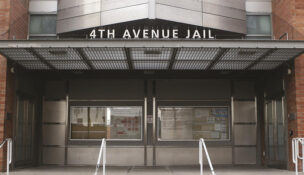Brewer: GOP opposition to tax hike proposal ‘discouraging’
Arizona Capitol Reports Staff//March 20, 2009//[read_meter]
Brewer: GOP opposition to tax hike proposal ‘discouraging’
Arizona Capitol Reports Staff//March 20, 2009//[read_meter]
As she continued touting her five-point economic recovery proposal on a statewide tour, Gov. Jan Brewer said she is discouraged by the uncompromising opposition among some legislators to her proposal...
No tags for this post.

















